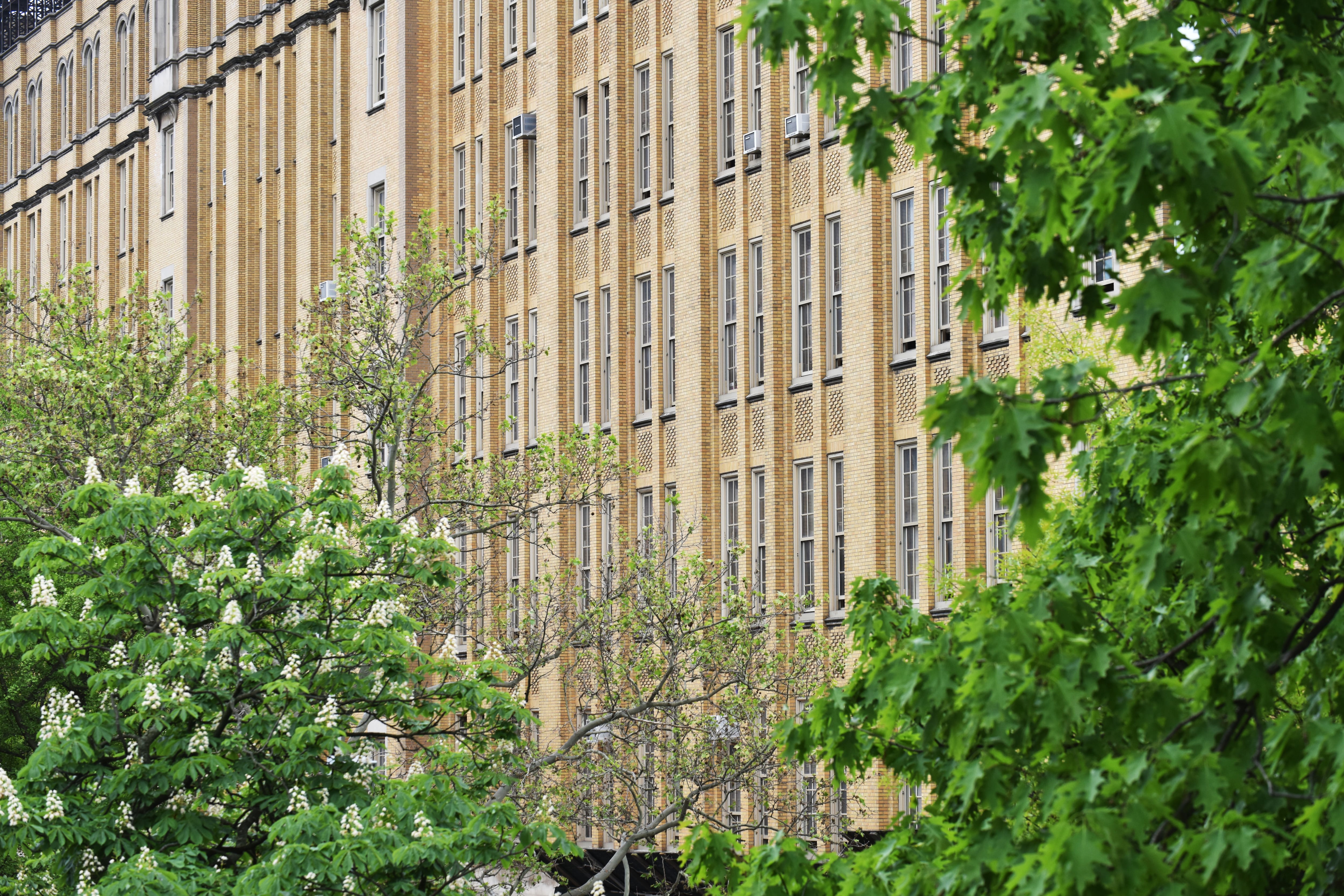Anxious parents, waiting for months to learn how admissions will work this year, will have to wait longer.
The coronavirus pandemic upended New York City’s competitive process for applying to middle and high schools, as standardized tests were canceled, and changes were made to recording grades and attendance — all factors which are most commonly used by schools to sort through applications.
Many families hoped that answers would come by the end of October. But on Friday, the last business day of the month, education department officials declined to say when they would share information about the application and admissions process. The department has delayed the Dec. 4 application deadline, without further details on a new date. Also up in the air: how students will be admitted to the coveted specialized high schools and gifted and talented programs, which have typically hinged on entrance exams.
Schools Chancellor Richard Carranza told parents in September to hold tight for at least another month since the city was consumed with reopening school buildings.
“There’s going to be nothing before mid-October, end of October,” he said. “I just have to be honest: All hands [on] deck are making sure our schools are safe and we have a safe opening.”
Now, education officials are claiming that the chancellor’s comments shouldn’t be construed as a deadline for an announcement.
“He simply said nothing before then, not by then,” said department spokesperson Katie O’Hanlon.
New York City is home to the nation’s largest concentration of schools that use competitive admissions standards to “screen” students for admissions.
The complicated and time consuming admissions process helps drive the city’s status as home to one of the most segregated school systems in America. Black, Latino, and low-income students are underrepresented in screened schools. In a series of heated public sessions this summer, many parents advocated for continuing with screens and using student performance measures from before schools were shut down last spring. Others have long lobbied for reform, and now argue the pandemic has only exacerbated inequalities in the admissions system.
In a typical year, families would be deep in the process of touring campuses, signing up for admissions tests, and ranking their top choices on applications.
As they continue to wait, parents are becoming more and more frustrated, said Sheree Gibson, a parent advocate in Queens District 29. She has been bombarded with panicked messages from fellow parents asking her what they should be doing to prepare their applications.
Her own daughter is applying to middle schools this year, and she is thinking about other options.
“I’m telling you, private school is looking really good right now,” she said. “I don’t know, are we doing screened schools or not?... Just tell us. We’ll respect that, more than hearing nothing.”
The lack of information is just one more thing to stress about, after a string of confusing and last-minute decisions from Mayor Bill de Blasio around reopening school buildings, Gibson said.
The delays to announce how this year’s process will work could make things more unfair because it leaves parents with less time to make sense of the new policies, said Mahalia Watson, founder of the website Let’s Talk Schools, an online guide for parents navigating their school options. She is also on an advisory committee at the Feerick Center for Social Justice at Fordham Law School, which has been working with the education department on high school admissions issues.
One of the biggest hurdles, she said: “People having access to the information — period. That’s always been the issue. The people who are not as well resourced are the ones who always suffer.”
Some advocates for more diverse schools are hoping that school leaders will take matters into their own hands, and have asked principals to sign onto a public pledge to simply do away with the screening process.
“As more and more time passes that they don’t announce, it becomes more and more necessary for no screens to exist,” said Emma Rehac, of the youth-led advocacy group IntegrateNYC, “because there’s no time for them to create any type of fair process.”







